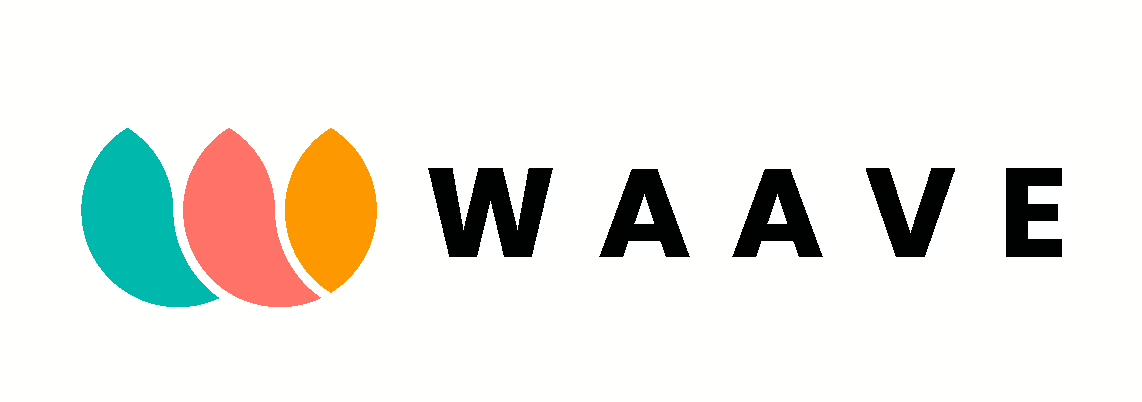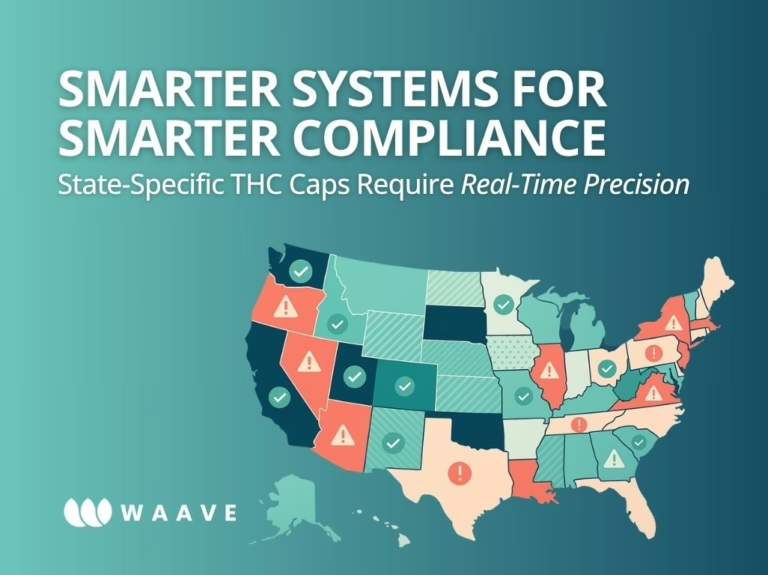For wellness brands working with hemp-derived THC products, staying compliant is no longer a paperwork exercise—it’s a constant, state-by-state balancing act. Legal THC caps vary by jurisdiction, and new rules can change seemingly overnight. In this environment, sellers can’t afford guesswork. Precision isn’t optional—it’s how businesses survive.
The Challenge: Patchwork THC Laws
Every state approaches THC differently. Some set milligram-per-serving caps; others limit total package content. A product that’s perfectly legal in one state could be flagged in another. The complexity doesn’t end there—restrictions may apply to specific cannabinoids, packaging, labeling, or even whether online sales are permitted.
And now, in Texas, proposed legislation (SB 3) is drawing even more attention to the issue. The bill would ban the sale of consumable hemp products with any THC content—including Delta-8, Delta-9, or Delta-10. If passed, this would eliminate an entire product category in one of the country’s largest markets, underscoring the urgency for systems that can adapt quickly.
Compliance Isn’t Just a Label—It’s a System
Meeting these ever-shifting standards isn’t something a static checklist can handle. Sellers need infrastructure that can interpret and act on these regulations in real time. That means knowing whether a product meets the state’s THC threshold based on serving size—not just total content. It also means being able to adjust what a buyer can purchase based on local volume limits.
Why This Matters Now
With state regulators cracking down and new laws like Alabama’s online ban, Arkansas’ 1mg cap, and Texas’ potential full ban on THC hemp products, the pressure is mounting. Enforcement isn’t theoretical anymore—noncompliance comes with real business risks: frozen payments, fines, or losing access to markets altogether.
Technology That Keeps Up with the Law
Forward-thinking platforms are building tools that adapt with the law. These systems:
- Calculate per-serving and per-package THC to align with each state’s active thresholds.
- Restrict shipments automatically based on where the buyer is located.
- Cap purchase volume per individual user to comply with state-specific buying limits.
This isn’t about making sales easier—it’s about making them lawful.
A Smarter Path Forward
As the regulatory web tightens, it’s clear that staying compliant requires more than good intentions. It requires systems built to evolve with the rules, not around them. For brands, this means looking beyond short-term workarounds and investing in infrastructure that can scale with compliance, not against it.
That’s exactly what WAAVE was built for. Our platform automates THC caps by state, calculates per-serving limits, enforces buyer restrictions, and updates shipping rules as legislation shifts—so sellers can stay focused on growth, not legal guesswork.






